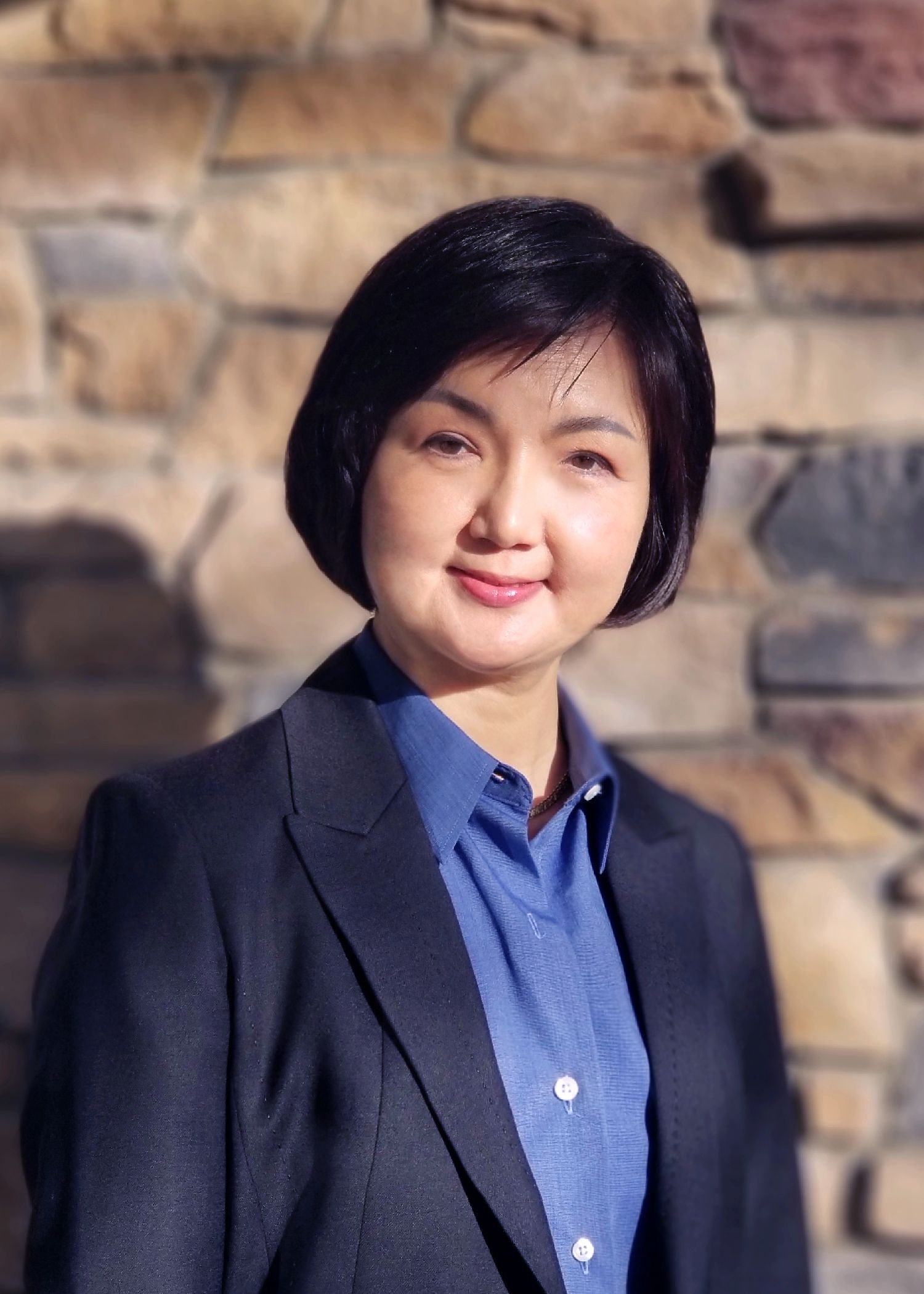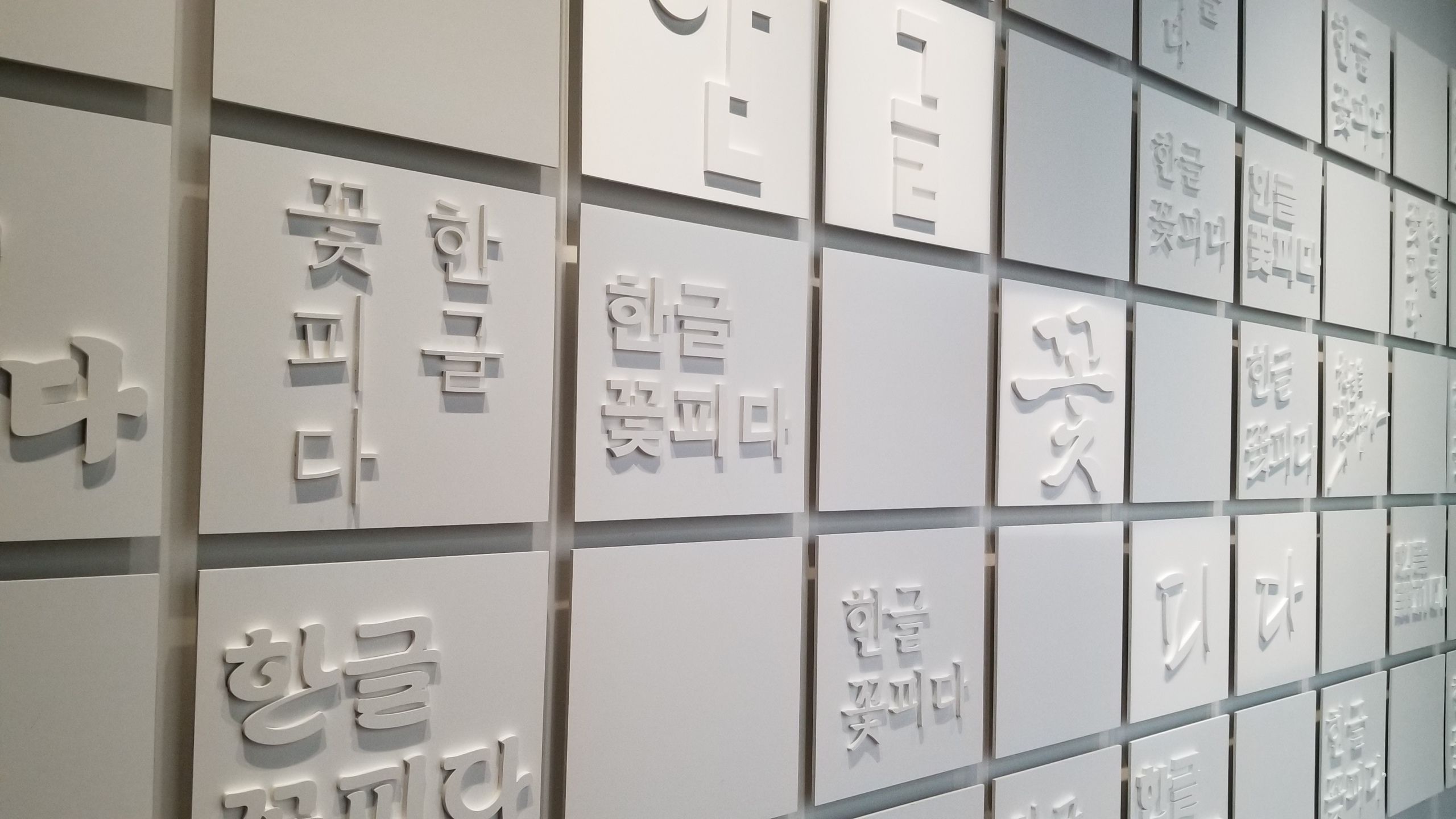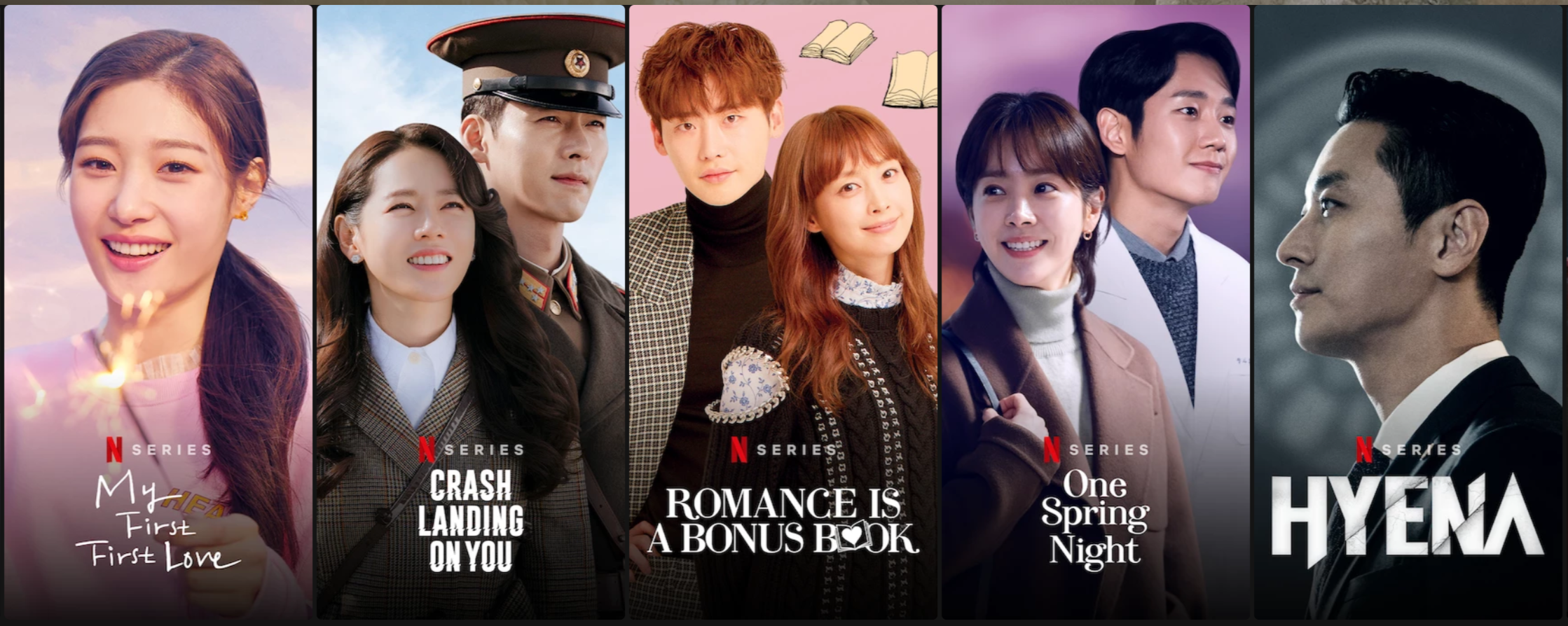Start Learning Korean Today!
Nowadays, the popularity of the Korean language is sky-rocketing through K-Pop songs, K-drama and K-food. This has also motivated more people to travel to Korea to experience the culture firsthand. The youth are especially interested in understanding the lyrics of the songs, as they often express a depth and passion often lacking in other popular songs. All of these experiences would be enriched by knowing how to communicate in the Korean language. Korean people are so impressed even if you speak just some of their language! Moreover understanding the cultural norms and etiquette to follow in the country comes from learning the language. Respect for others is actually built into the language structure. Knowing the Korean language is similar to the freedom to drive one acquired from obtaining a driver's license.
Program Levels
Kirov Academy Afterschool Program offers the Korean language in two levels: Level I and Level II. Classes are conducted one time per week for both levels but on separate days. Level I will be on Monday 5:00~5:45 pm and Level II will be on Wednesday 5:00~5:45 pm.
In the Korean language, there are two grammar parts that are very important for communication. These are called Verb Conjugation and Particles in grammar terms. Therefore, Level 1 and Level 2 will lay out the foundation for students to understand these grammar parts and become more confident in communication.
What to Expect
Why Korean?
Korean Alphabet and Language
Basic Korean Sentence Structure
Tuition
Register for Korean Classes
Faculty

Kirov Academy Faculty
Moonsook Yoon
Moonsook Yoon is an experienced Korean Language teacher who has taught for over 30 years in various positions. She was a Korean Language instructor for 14 years at Unification Theological Seminary and established the Institute of Korean Language and Cultural Studies in the Seminary over the period. As a director, she held the annual Korean Speech Contest and other various cultural events. She has published a learning Korean language book: “Entrance to Korean Language Q&A Style” in Japanese in order to teach the cultural aspect of using the language. Not only as a Korean Language Teacher but has she also traveled to Japan as an English instructor to teach both English and Korean language for 2 years at JUNSE International School (High School). She then traveled to Korea and worked for 3 years at Multicultural Peace Federation as a Director of Educating Multicultural Families (especially those married to Koreans) to educate the relationship of a language and its culture, and their effect on communication. She was also an active simultaneous translator at various international conferences between Korean, Japanese, and English in her earlier career time.
As a tri-lingual (Korean, English, and Japanese) with experience in learning other languages (German, Italian, French) and communicating with different language speakers, she knows the difference between “can speak” and “can communicate”. Although she received B.A. Degree in Voice from The Manhattan School of Music, in order to deepen her study in the relationship between a language and its culture she went to Columbia University as a Linguistics Major, then received an M.A. Degree in International Education Development from Columbia University. Thus, her method of teaching a language is not uninformed as ‘teacher-oriented’, but rather as ‘learner-oriented’ so that way learners will be able to use it with confidence when facing reality outside of the classroom.
Publications
- Entrance to Korean Language Q&A Style (2002, Amazon Bestselling in language section in Japan)
- Children's Magazine Moon World: Culture education column series; 'Let's become a global person'(2012 -2013) in Japan
- Music CD 'Prayer of Love' (2013, Scholarship fundraising campaign for students with special needs)
© 2021. Kirov Academy of Washington DC. All Rights Reserved.




